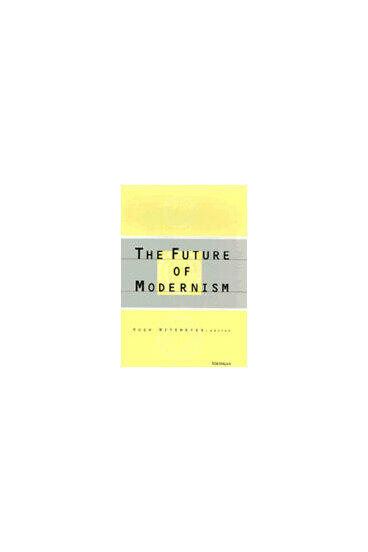The Future of Modernism
Argues for the complex and vital legacy of major modernist authors
Description
The modernism of the future will not look like the modernism of the past. Over the past twenty years, W. B. Yeats, James Joyce, T. S. Eliot, Ezra Pound, and other major figures of the modernist movement have been subject to postmodernist critiques that have seen them as reactionary upholders of oppressive class, gender, racial, or other hierarchies; these critiques have permanently altered conceptions of the program and the canon of modernism. Today, revolutions in editing and publishing seem likely to transform them still further.
The contributors to The Future of Modernism take these sea-changes into account, acknowledging and learning from the developments of recent years. Some interrogate the antithesis between modernism and postmodernism, showing that the former contains many features commonly claimed for the latter. Other essays dissociate modernism from the New Critical formalism with which it is often confused. Still others explore the modernist legacy of engagement with political and social events, challenging characterizations of modernism as an ahistorical, universalistic ideology.
Together, these eleven essays by distinguished scholars contest facile dismissals of modernist writing and affirm an unshakable conviction of its continuing relevance and value. Although they project no unified vision or prophecy, the essays suggest a variety of lively trajectories into the next century.
Hugh Witemeyer is Professor of English, University of New Mexico.

